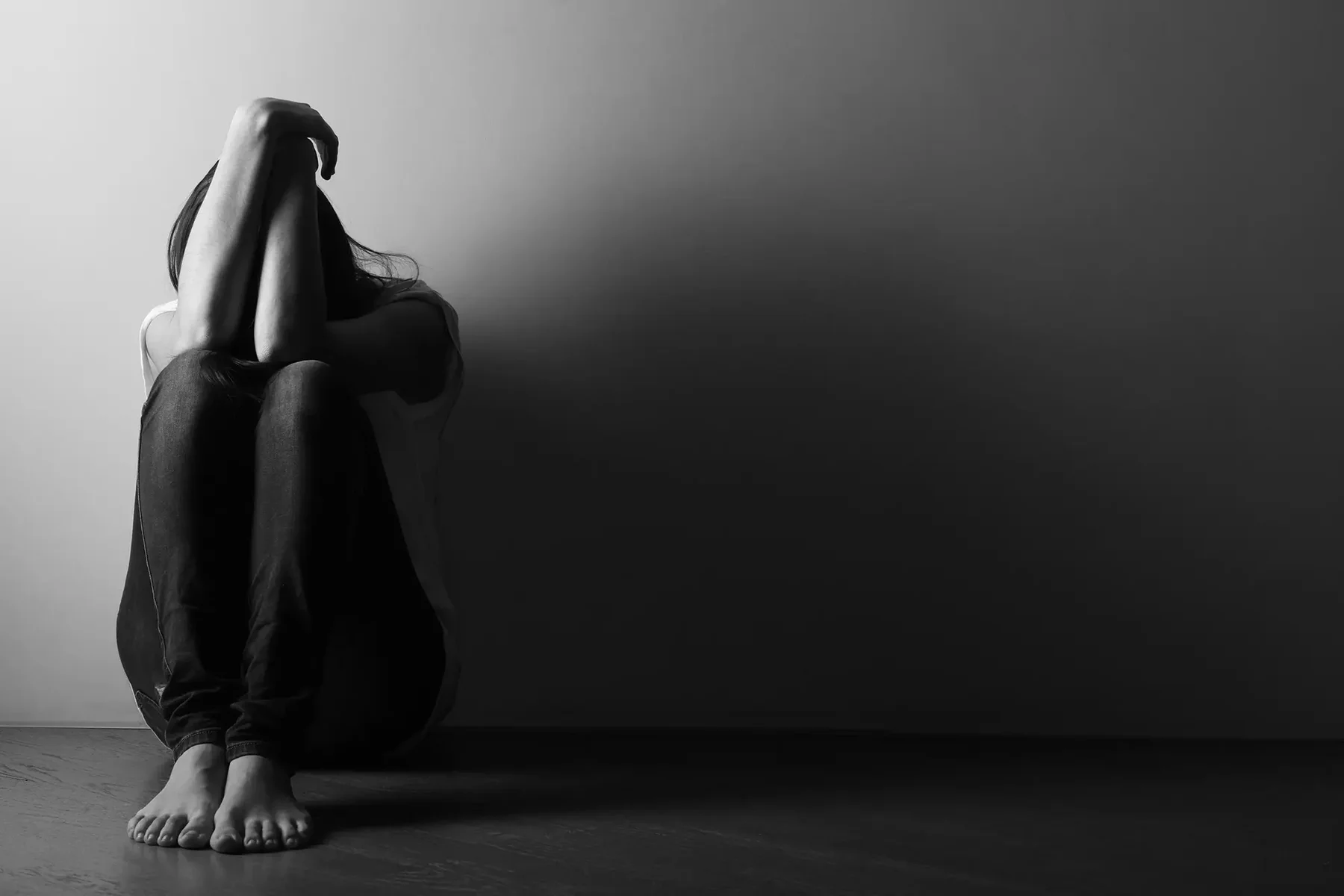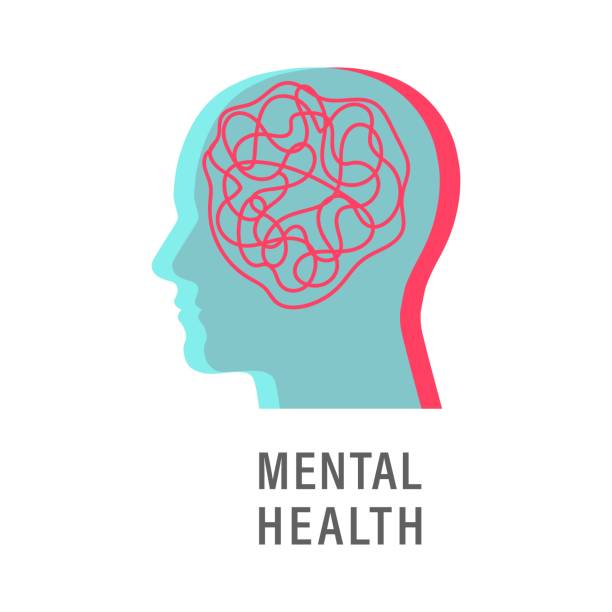News
Magic Mushrooms and the Future of Mental Health Treatment: Exploring the Potential Benefits
Magic mushrooms have been used for centuries in traditional healing practices and spiritual ceremonies. Recent studies have shown that psilocybin, the active compound in magic mushrooms, may have therapeutic potential for a variety of mental health conditions. As society becomes more accepting of alternative forms of treatment, it’s worth exploring the potential benefits of magic mushrooms and how they could shape the future of mental health treatment.
The Rise of Psychedelic-Assisted Therapy

The field of psychedelic-assisted therapy is rapidly expanding, with researchers and mental health professionals showing increasing interest in the potential of magic mushrooms to treat a range of mental health conditions. In recent years, studies have demonstrated the effectiveness of psilocybin-assisted therapy in treating conditions such as depression, anxiety, and addiction. During a psychedelic-assisted therapy session, a patient is given a controlled dose of psilocybin and supported by a trained therapist in a safe and supportive environment. The patient is encouraged to explore their thoughts and feelings, often leading to profound insights and a greater sense of emotional well-being. While the use of psilocybin in therapy is still controversial and subject to ongoing research, the early results are promising, and many in the mental health field believe that it has the potential to transform the way we treat mental health conditions.
The Science Behind Psilocybin

Psilocybin is the primary active ingredient in magic mushrooms, and it belongs to a class of compounds known as psychedelics. When ingested, psilocybin is converted into psilocin, which interacts with the serotonin receptors in the brain, specifically the 5-HT2A receptor. This interaction triggers a cascade of changes in brain activity, leading to altered perception, mood, and consciousness. Psilocybin appears to reduce activity in the default mode network, a network of brain regions that is active when the mind is at rest and not engaged in any particular task. This reduction in activity is thought to be responsible for the profound subjective experiences reported by users, including feelings of connectedness, transcendence, and spiritual insight. While the exact mechanisms by which psilocybin exerts its effects are not yet fully understood, research is ongoing and may lead to new treatments for mental health disorders.
Magic Mushrooms and Depression

Depression is a serious and often debilitating mental health condition, and traditional treatments like medication and therapy can take weeks or even months to take effect. However, recent studies have shown that psilocybin, the active ingredient in magic mushrooms, may offer a new and promising treatment option for those suffering from depression. In clinical trials, psilocybin has been found to rapidly reduce symptoms of depression and increase overall feelings of well-being. It works by rewiring neural pathways in the brain and promoting new ways of thinking and perceiving the world. While more research is needed, the potential of psilocybin as a depression treatment has garnered significant attention in the mental health community, with many experts advocating for its integration into mainstream mental health care.
Magic Mushrooms and Anxiety

Anxiety disorders are among the most common mental health conditions, affecting millions of people worldwide. While traditional treatments like medication and therapy can be effective for many, some people do not respond well to these options or experience unwanted side effects. Recent studies suggest that psilocybin, the active compound in magic mushrooms, may offer a new approach to anxiety treatment. One study found that a single dose of psilocybin helped reduce symptoms of anxiety and depression in cancer patients for up to six months. Another study found that psilocybin therapy significantly reduced anxiety and depression symptoms in patients with treatment-resistant depression. While these findings are promising, more research is needed to fully understand the effects of psilocybin on anxiety and how it can be safely and effectively used as a treatment option.
Addiction and Magic Mushrooms

Addiction is a serious and complex condition that can be challenging to treat. However, there is growing evidence that psilocybin, the active ingredient in magic mushrooms, may offer a promising new avenue for addiction treatment. Research has shown that psilocybin can have a powerful impact on addiction by disrupting negative thought patterns and reducing cravings. This is because psilocybin interacts with serotonin receptors in the brain, leading to increased connectivity and communication between different regions. This enhanced connectivity can help individuals break free from habitual patterns of thought and behavior, allowing them to develop new and healthier ways of coping. Studies have also shown that psilocybin can reduce the symptoms of depression and anxiety that often co-occur with addiction, further supporting its potential as a treatment option. While more research is needed, the use of psilocybin in addiction treatment represents an exciting new direction for mental health care.
The Legal and Ethical Landscape
The legal and ethical landscape surrounding the use of magic mushrooms is a complex and evolving issue. While some countries, such as the Netherlands and Portugal, have decriminalized or legalized the use of psilocybin, it remains illegal in many other parts of the world. The United States, for example, categorizes psilocybin as a Schedule drug, meaning that it is considered to have no currently accepted medical use and a high potential for abuse. This classification makes it difficult for researchers to study psilocybin’s therapeutic potential and for patients to access it as a treatment. The legal and ethical issues surrounding psilocybin use also raise questions about cultural appropriation, as the history of its use in indigenous cultures has often been ignored or exploited. As the field of psychedelic research continues to grow, it will be essential to address these legal and ethical issues to ensure that psilocybin is used safely and ethically in the context of mental health treatment.
The Future of Mental Health

The potential for magic mushrooms to revolutionize mental health treatment is an exciting prospect. As research into their therapeutic benefits continues, there is hope that they could become a mainstream treatment option for various mental health conditions. However, some challenges must be addressed before this can happen. These include developing safe and effective protocols for their use, training mental health professionals in their administration, and addressing legal and regulatory barriers. Additionally, there is the question of how to ensure equitable access to this treatment, as it may not be affordable or accessible to everyone who could benefit from it. Despite these challenges, the future of mental health treatment is looking brighter with the inclusion of magic mushrooms in the conversation.
The Promising Potential of Magic Mushrooms in Mental Health Treatment
Magic mushrooms may hold the key to a new era of mental health treatment. While more research is needed to fully understand their potential, the early results are promising. As society becomes more accepting of alternative forms of treatment, it’s worth exploring how magic mushrooms and other psychedelics could revolutionize mental health care and offer hope to millions of people struggling with mental illness.


